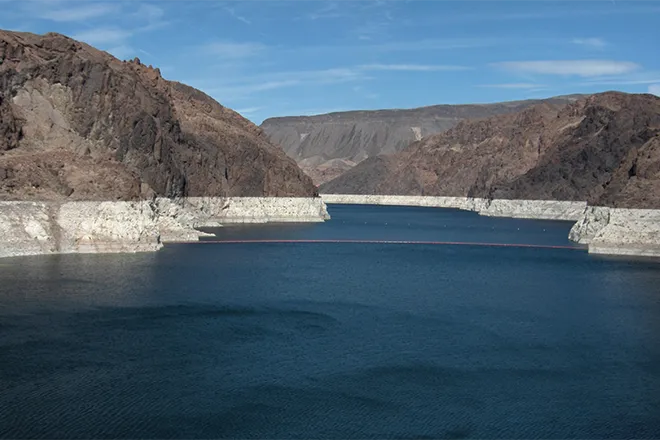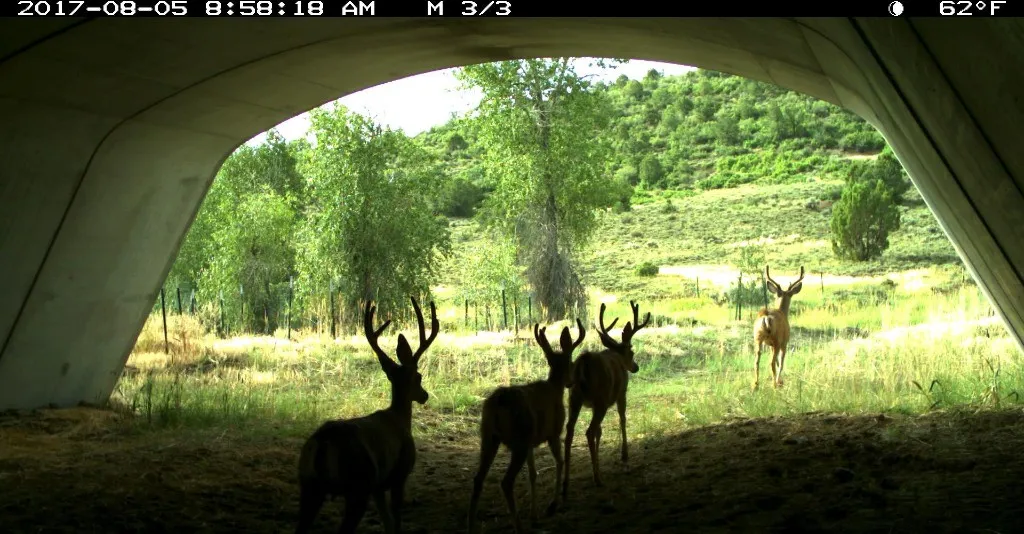
Daily Audio Newscast - October 3, 2024
News from around the nation.
Israel's assassination of Hezbollah's leader and Iran's missile retaliation escalate Middle East tensions; Hurricane Kirk strengthens with 85 mph winds, as Hurricane Helene leaves over 175 dead in Southeast; new tools hold oil and gas drillers accountable; Montana's Indigenous advocates push back against ending ballot collection on tribal lands; New York colleges feel effects of SCOTUS affirmative action decision; fans express frustration over rising ticket prices and hidden fees; teens in Minnesota struggle with fewer safe spaces amid isolation.
Transcript
The Public News Service Daily Newscast for Thursday, October 3rd, 2024.
I'm Joe Ulrich.
Israel's assassination of Hezbollah's leader and Iran's missile retaliation have escalated the Middle East conflict to its most dangerous point since 1967.
President Biden repeatedly warned of this outcome.
Now, questions arise about how much the war will intensify and if US forces will join directly.
Hurricane Kirk strengthens with 85 miles per hour winds, heading Northwest with no land threat.
A tropical depression could develop in the Gulf of Mexico next week.
Meanwhile, the Associated Press reports the death toll from Hurricane Helene's catastrophic flooding, wind damage and destruction throughout Southeastern states is over 175 people.
New high-tech tools can now bust careless oil and gas drillers, our Eric Goladas brings us the update.
The US is the world's largest oil and gas producer and it's also the biggest source of methane pollution.
New federal and state laws now require energy companies to monitor and fix leaks and many are lining up to test new tracking tools at the Methane Emissions Technology Evaluation Center in Fort Collins.
Facility manager Ryan Brower says companies realize that lawmakers aren't messing around.
If you're under-reporting and you get caught, you were lying in some way and then if you're over-reporting, you could be paying fines on gas that you didn't actually leak.
Reining in methane emissions is seen as critical for avoiding the worst impacts of climate change.
The invisible and odorless gas is more than 80 times more potent at trapping heat in the atmosphere than CO2.
Currently, methane emissions make up a third of all global climate pollution.
This story was produced with original reporting from Jennifer Oldham for the magazine, Sierra.
Advocates for Montana's indigenous population are pushing back against efforts to eliminate ballot collection on tribal lands.
Many members of the state's seven tribes live several hours from the nearest polling place.
The Montana Supreme Court has ruled two laws make it prohibitive for people living on reservations to reach a polling place or mail an absentee ballot before election day.
The state is now asking the US Supreme Court to review that ruling.
Executive Director Ronnie Jo Horse says Western Native Voice collects ballots from tribal residents who face transportation and other hurdles that keep them from getting to a physical polling place and adds that service was very important during the pandemic.
You know, we had a novel virus going around.
A lot of people were afraid to leave their houses because Native Americans had a really high mortality rate than any other group in America.
The bills ended election day voter registration and third-party ballot collection services in Montana.
But the state's high court ruled them unconstitutional and stopped them from taking effect.
I'm Mark Moran.
This is Public News Service.
New York colleges and universities are seeing the impacts of the Supreme Court's decision on affirmative action.
New data from education reform now shows schools such as Columbia and Cornell universities saw black student admissions decline.
However, national admissions data has been mixed as some schools see more black and minority students admitted.
Will Dupilar with Education Trust says schools need to reevaluate what they value in admissions.
And then think about like what are the necessary attributes of successful students, not what are the attributes that we value in admissions that overwhelmingly tend to prioritize wealthier white students?
He notes some schools are masking or underreporting their admissions data by providing a percentage of minority students without breaking it down by race and ethnicity.
Before the Supreme Court's decision, nine states banned affirmative action in college admissions.
Many studies show those states saw an increase in racial disparities in admissions and fewer minority students enrolling.
I'm Edwin J. Vieira.
In Ohio and around the country, concert and sports fans are expressing growing frustration over rising ticket prices and hidden fees.
Our Farah Siddiqui has the story.
In response, Congress is considering the Ticket Act, a bipartisan bill that aims to increase transparency by requiring ticket sellers to display all fees up front.
Sally Greenberg with the National Consumers League highlights why she feels this issue is so important for consumers.
People in Ohio understand the frustration and the anger that you feel when you go buy a ticket, it looks like a reasonable cost, and all of a sudden, you know, the fees add 30, 40, 50 percent of the cost.
If the Ticket Act passes, ticket vendors will be required to show the total price, including fees at the beginning of the purchase process, while supporters such as Greenberg see this as a win for consumers, some in the ticketing industry argue the change could disrupt business models.
Now to Minnesota, where social behavior experts say teens have fewer spaces to gather with technology-driven isolation, complicating matters.
It's more pronounced in places with documented violence, but a Minnesota project could keep some of these issues at bay.
This month, the organization Nonviolent Peace Force begins specialized programming at its community hub in North Minneapolis.
Odell Wilson is a community peace builder for the group, says this dedicated space allows middle and high school students to participate in healing circles, and that's not all.
Certain days on a Saturday or a Thursday, we might have journals or a paint set to express yourself through the arts.
He also indicated they're planning to set up a music studio as another outlet for teens looking for social and emotional relief from any neighborhood tension.
This youth programming space will sit inside the gathering hub Nonviolent Peace Force opened in North Minneapolis last year to foster meaningful conversations among community members.
I'm Mike Moen.
This is Joe Ulary for Public News Service, member and listener supported.
Find our trust indicators at publicnewsservice.org.

















